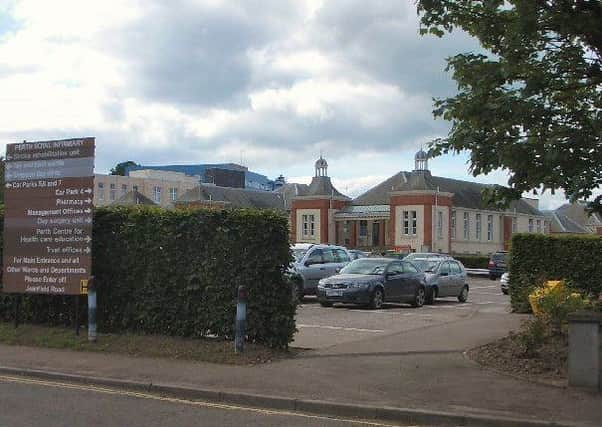Woman with brain aneurysm died after being sent home from hospital


The case was investigated by a public services watchdog which concluded NHS Tayside had failed to provide reasonable treatment.
A report by the Scottish Public Services Ombudsman (SPSO) said: “While we could not say that the woman’s life would definitely have been saved if the relevant tests had been carried out, independent advice that we obtained said that it was probable that her condition was treatable.”
Advertisement
Hide AdAdvertisement
Hide AdThe investigation was sparked after the woman’s husband took his complaint to the SPSO following his wife’s death.
Her GP referred her to Perth Royal Infirmary on 7 January last year with a suspected brain aneurysm after she reported sudden headache and neck pain.
After hospital assessment by a specialist trainee doctor and consultant physician, she was told the problem was likely muscular and discharged.
The woman, known only as Mrs C in the report, went back to her GP three times in the next 15 days, before collapsing on 24 January with signs of acute bleeding on the brain.
Medical staff deemed further treatment inappropriate and the woman died two days later.
The SPSO sought an independent opinion on the woman’s treatment from a consultant physician, who said she should have had a brain scan when she first attended hospital, as well as a possible lumbar puncture to check for bleeding on the brain.
The watchdog found Mrs C’s diagnosis of musculoskeletal neck pain “unreasonable” and asked the health board to apologise to her husband for this and for failing to deal with his complaints in a “timely and professional manner”.
NHS Tayside was also asked to provide evidence to ensure patients are monitored properly, that adults presenting with headaches are investigated in line with national guidelines, and that discharge notes also comply with the same guidelines where required.
Advertisement
Hide AdAdvertisement
Hide AdNHS Tayside medical director Professor Andrew Russell said: “We accept the recommendations and have shared them with the appropriate clinical groups to take forward in an action plan.
“As an organisation, we take every opportunity to improve and we will ensure we share learning from this across NHS Tayside.”